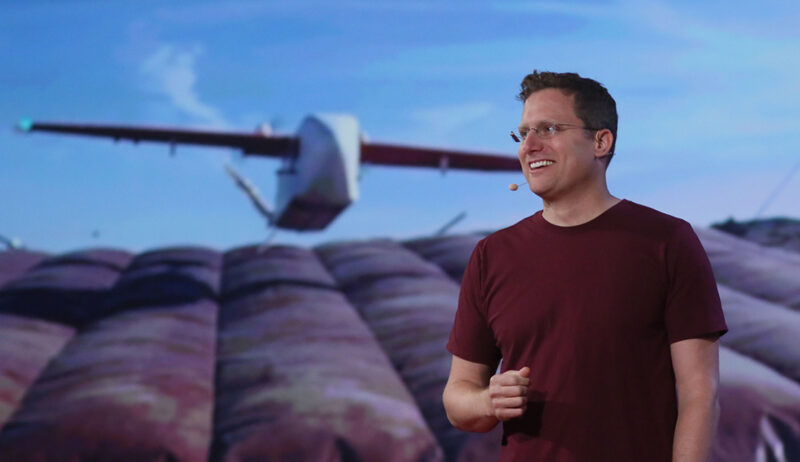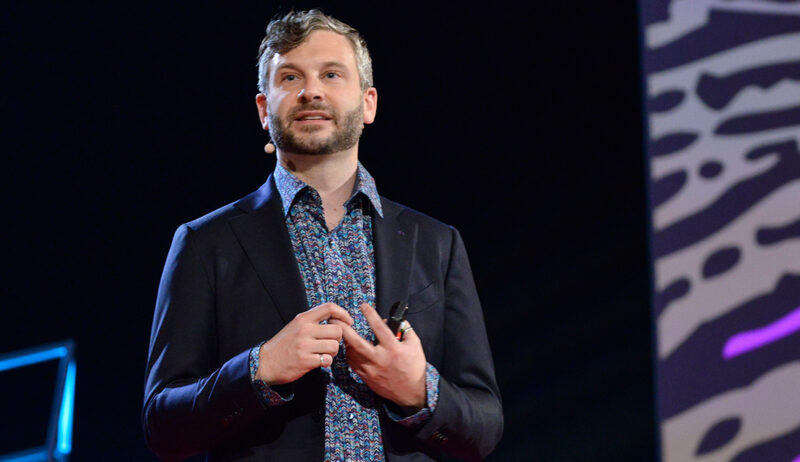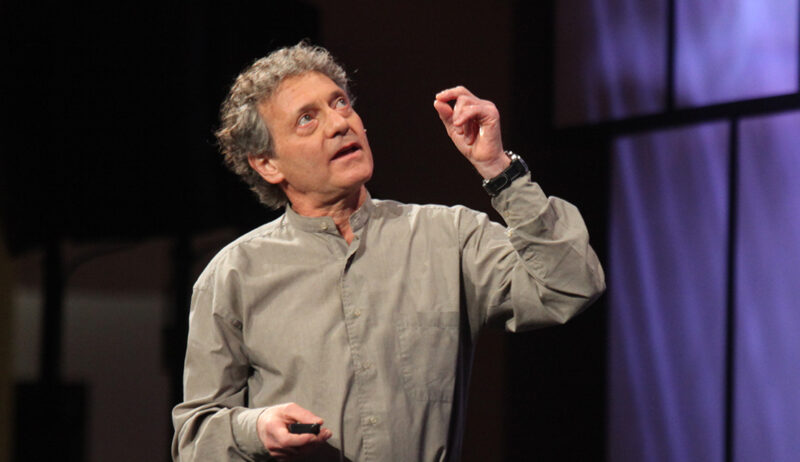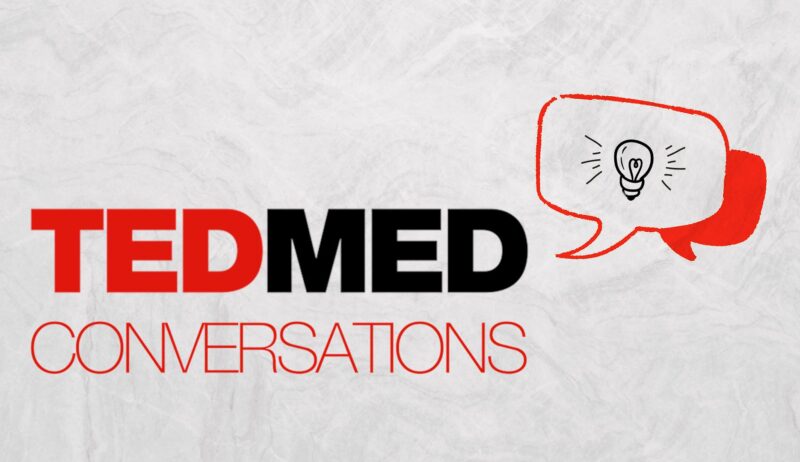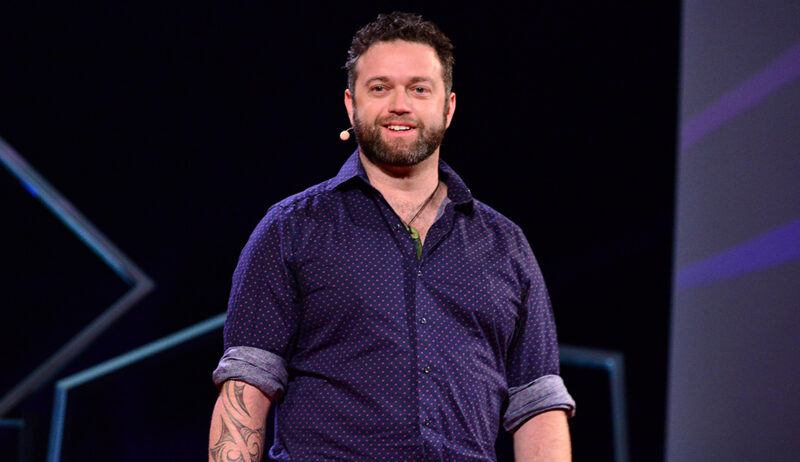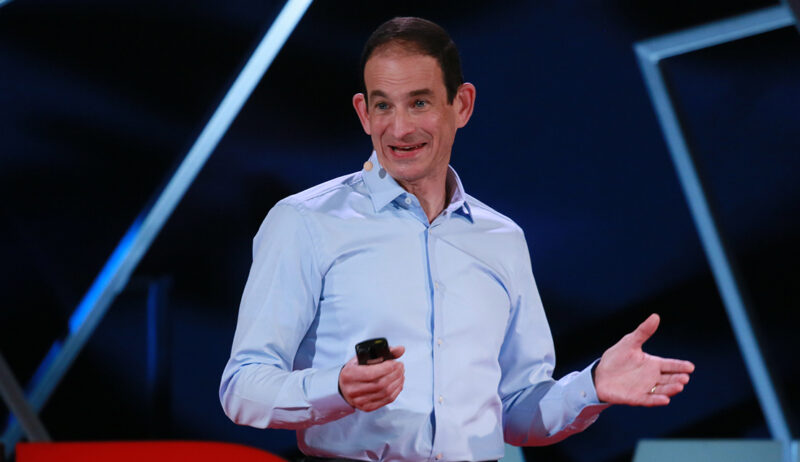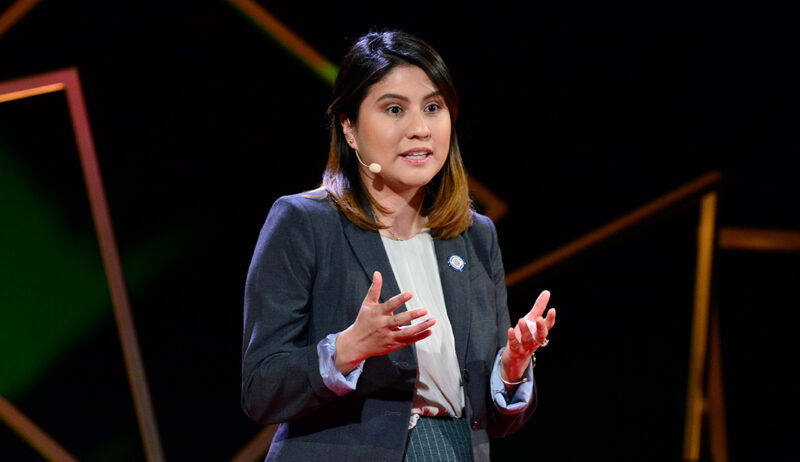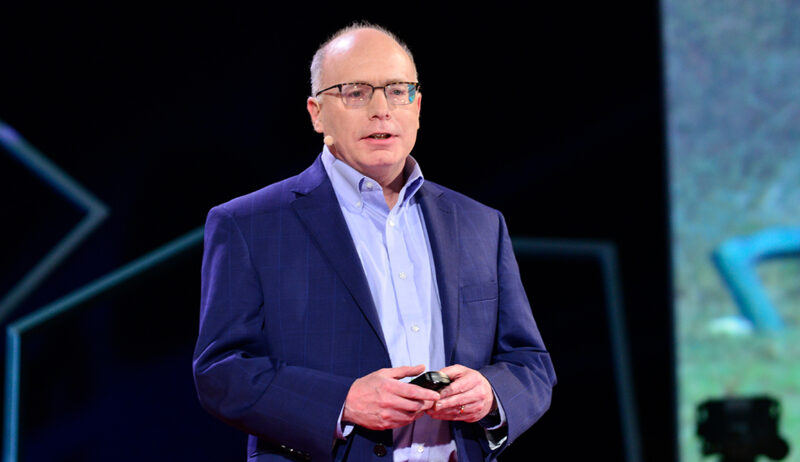About this talk
Tim Lu was motivated to make the switch from programming electrical computers to programming biological computers because he felt “we were on the cusp of a revolution”. Today, the feeling of growth in the field of bioengineered medicine is still palpable. As Tim says, “Our raw ability to read DNA and write DNA is accelerating at an exponential pace, in some cases even faster than computers have developed, and this is going to lead to a democratization and an acceleration of biological programming.”
Tim uses his extensive background in computer programming, electrical engineering and microbiology to engineer cells to act as living therapeutics. Watch his TEDMED 2018 Talk to learn more about his work in bioengineered medicine and what he believes we need to bring programming for bioengineered medicine to the next level.
About Tim Lu
See more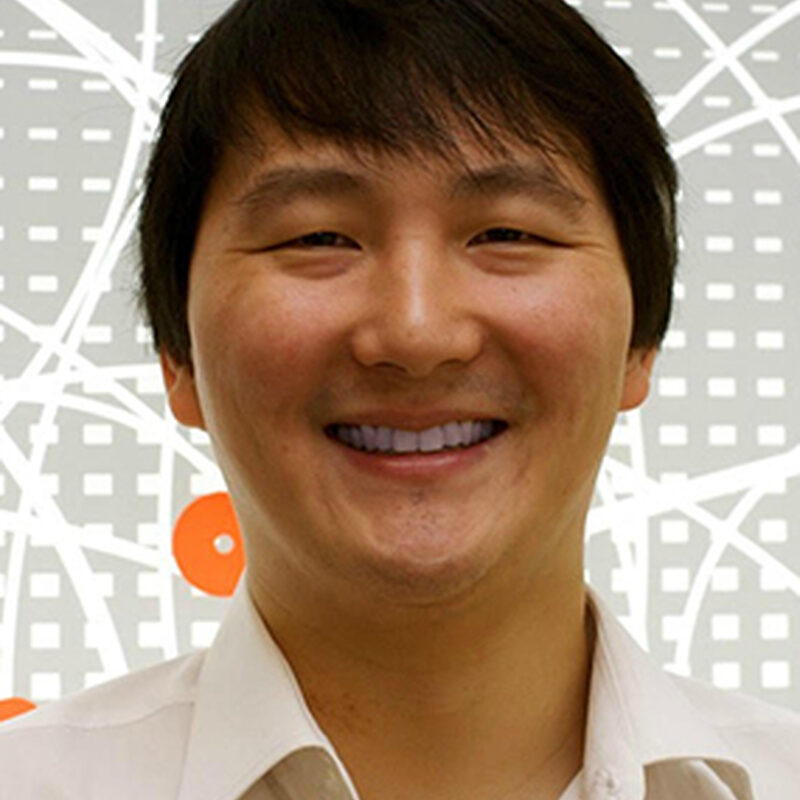
Timothy Lu is a leading synthetic biologist and a professor at MIT. He is known for combining engineering, computer science, and biology to reprogram cells and microbes. This process, known as synthetic biology, allows scientists to create new behaviors and functions in living things, much like a computer programmer codes a program. Tim’s work has had a significant impact on medicine. He has developed new ways to program bacteria to act as living therapies. For example, he has created engineered bacteria that can be used to diagnose diseases, fight infections, or treat complex conditions like cancer and autoimmune disorders. He also co-founded several companies, including Senti Biosciences and Synlogic, to bring these innovative medical treatments to patients. Considered one of the founding fathers of synthetic biology, Tim has received numerous awards for his groundbreaking research, including the Presidential Early Career Award for Scientists and Engineers.
